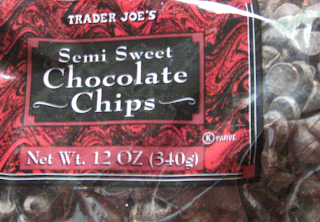The following was published on the HuffingtonPost and on several Patch.com sites before the Rosh Hashanah holiday:

All of this is interesting because honey is a staple food of the Jewish New Year’s holiday of Rosh Hashanah, which begins this year on Wednesday, Sept. 28. Honey sales increase in heavily populated Jewish areas thanks to this seasonal honey custom. Among the familiar traditions of Rosh Hashanah are the dipping of apple slices in honey and eating honey cake.
The Ragans knew that that adding kosher certification to their jars of honey would make their products more popular before Rosh Hashanah. Their Windmill Hill Farm produces 30,000 pounds of honey annually from more than 500 hives. All of their products are now certified kosher through my Kosher Michigan agency. Like many beekeepers around the country, the Ragans’ operation has grown from a hobby to a successful business. They began with only four hives that they discovered when they purchased the Croswell farm, but they quickly recognized how their passion could turn into profits.
“We’re passionate about making honey,” said Carol Ragan. “When we first discovered hives on our Croswell farm we were excited to experiment with making honey. We never realized how much we would come to enjoy it or how much of a market there is for honey products.”
Even with colony collapse disorder, beekeeping is on the rise throughout the country. New York City legalized recreational beekeeping last year, and even Michelle Obama had a beehive installed outside the White House.
Many members of the Jewish faith prepare dishes and baked goods with honey in time for Rosh Hashanah. Dan Sonenberg, owner of Johnny Pomodoro’s Fresh Market in Farmington Hills, Michigan, explained, “My honey sales increase ten-fold during the holiday season and we build honey displays next to our apple offerings in the store. This cross-merchandising makes it easier for our Jewish customers to purchase both during this time of year. Honey products are also featured in our kosher baked goods department where our most popular items are the apple fritter challah (Jewish egg bread) and the honey apple cake.”
While the Bible describes Israel as “the land flowing with milk and honey,” it was more than likely referring to date honey. Bees were not common in Israel thousands of years ago, but today Israel has about 500 beekeepers with approximately 90,000 beehives that produce more than 3,500 tons of honey annually.
The basis of using honey in baked goods and dipping apples into honey on Rosh Hashanah is to have a sweet year. While the secular New Year is kicked off with toasts of champagne, the Jewish New Year is launched with the sweet taste of honey. And maybe a little sugar high too.

